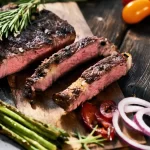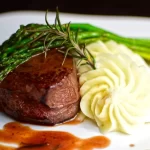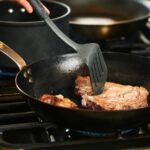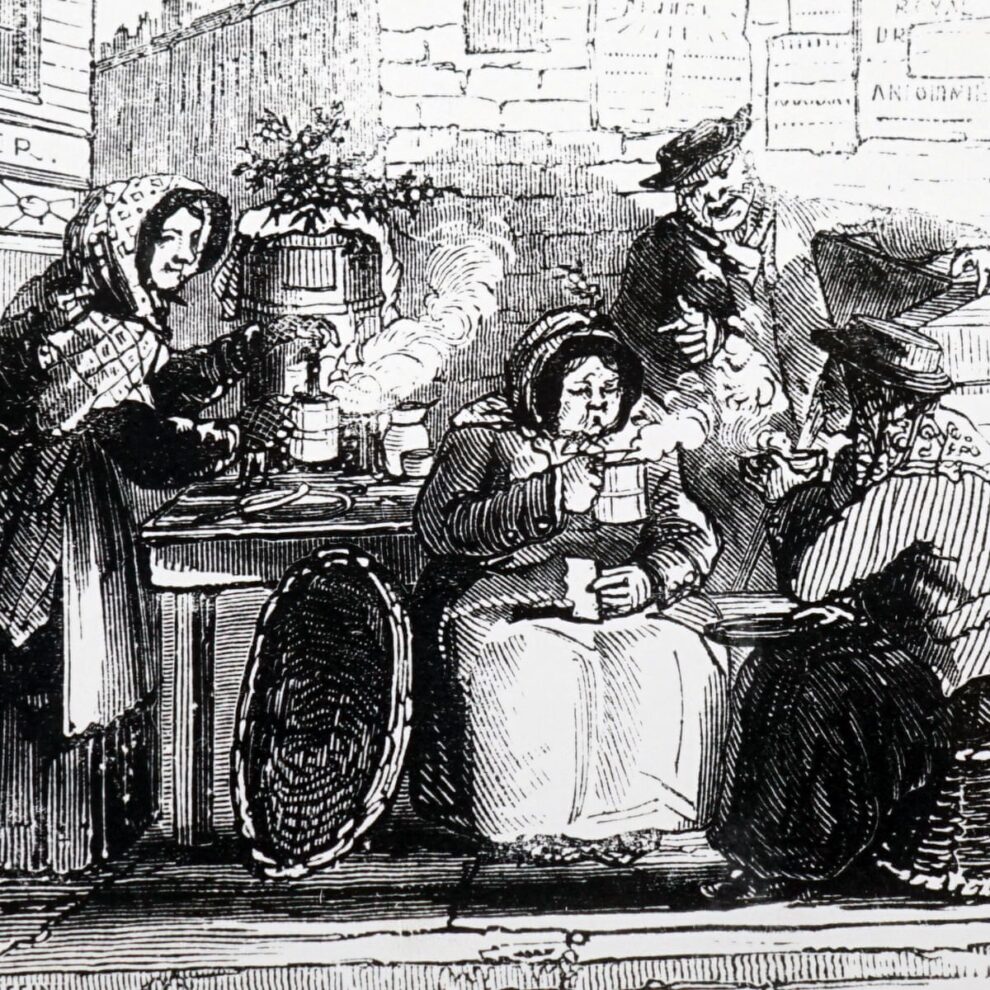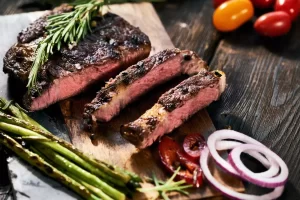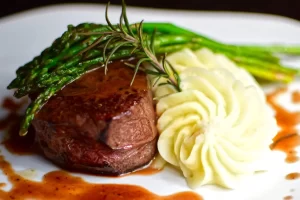How hot should a hot drink be? And is it time to dilute your herbal tea with some cold water?
To be clear about something: hot drinks are great. They break the working day into manageable chunks, give friends something to bond over that isn’t booze, and provide a tiny form of kindness that almost anyone can offer to anyone else. When James “The Scrounger” Garner suggests having a cup of tea to Donald “The Forger” Pleasance in The Great Escape, he isn’t just hankering for some super-heated tannins – he is offering a hand across the transatlantic cultural divide, and telling him that everything is going to be OK. Putting the kettle on is probably good for you in a lot of little ways. And we haven’t even mentioned how coffee and tea can boost your gut microbiome.
At the same time, it is possible to drink your hot drinks too hot: a recent US study notes that many takeaway outlets serve their coffee close to boiling (93C), while the rising popularity of herbal teas mean more people are leaving out the milk. And – aside from the chances of spilling it on yourself – there might be serious consequences to not letting your brew cool down a bit.
“There are systematic reviews and meta-analyses that show drinking very hot drinks is associated with oesophageal cancer,” says Julie Thompson of Guts UK, a charity devoted to raising awareness around digestive health. “These are what are called observation studies that look at how many people develop cancer over time. The evidence is that drinking very hot drinks, or eating very hot food – for example soup and porridge – causes damage to the gullet [also known as the oesophagus]. The risk is associated with squamous cell carcinoma, which is a type of cancer that occurs at the top end of the gullet, rather than another type called adenocarcinoma, which occurs further down.”
A complicating factor here, though, is the way much of the research on hot drinks has been conducted. One of the more recent studies, for instance, looked at tea drinkers in Iran, where the study authors noted that consumption of black tea without milk is very common – but only categorised people’s smoking habits as “never”, “former” or “current” and split alcohol use into “never” had a drink, and if they had “ever” had a drink. This is important, says Thompson: “The risk is higher if people are also drinking alcohol above safe limits and smoking – these are both independent risk factors for developing squamous cell carcinoma of the gullet.”
It is also important to remember that the risk of oesophageal cancer is still relatively low whether you take your drinks hot or not. In the Iranian study, for instance, the risk rose 2.4 times among those who regularly drank drinks at 75C – the hottest temperature being recorded in the study – but even that rise makes the risk reasonably low. “5.5 people in 100,000 are diagnosed with all types of oesophageal cancer, so it’s still fairly rare,” says Thompson.
At the same time, it’s helpful to be aware of the symptoms of oesophageal cancer, as it is more treatable if it is caught in its early stages. “It may cause no symptoms until it begins to obstruct passage of food and fluids down the gullet, or to make swallowing painful,” says Thompson. “People may also have other symptoms, such as choking, vomiting, coughing, unexplained chest infections or a hoarse voice – but it’s crucial that any swallowing problems should be reported to your GP.”
Thompson adds: “Not all people with swallowing problems have gullet cancer, but it is important for those that do to get it diagnosed earlier, as this can help to get effective treatment. People should also let their doctor know if a close family member has, or has had, stomach or oesophageal cancer or cancer of the area between the stomach and the oesophagus.”
As for preventive measures, there are no well-defined rules about what temperature increases the risk factor of your drinks – but if you are often drinking coffee or tea without milk, it is sensible to add a dash of cold water or wait for it to cool before you take your first sip. Just don’t give them up entirely – they are far too good for you.
Source : The Guardian

